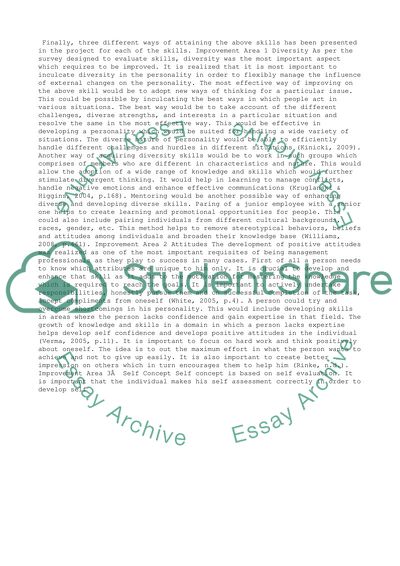Cite this document
(“Improve skills Essay Example | Topics and Well Written Essays - 1000 words”, n.d.)
Retrieved from https://studentshare.org/management/1424139-improve-skills
Retrieved from https://studentshare.org/management/1424139-improve-skills
(Improve Skills Essay Example | Topics and Well Written Essays - 1000 Words)
https://studentshare.org/management/1424139-improve-skills.
https://studentshare.org/management/1424139-improve-skills.
“Improve Skills Essay Example | Topics and Well Written Essays - 1000 Words”, n.d. https://studentshare.org/management/1424139-improve-skills.


